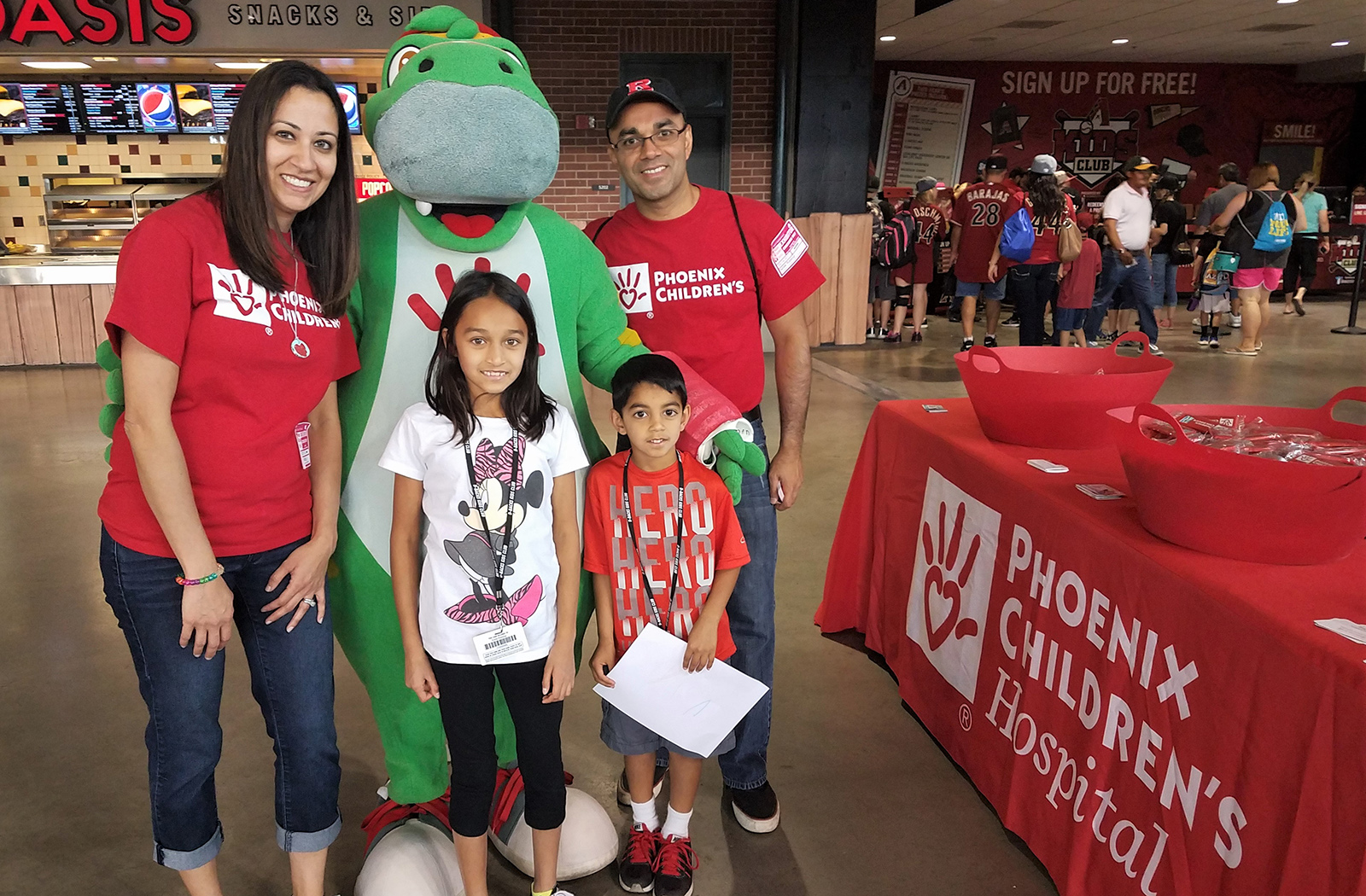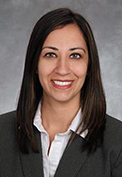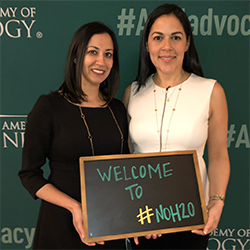
Pediatric Neurologist Treats Children Suffering from Chronic Headaches

Reena Gogia Rastogi, MD, FAHS, wanted to become a physician since a young age. Fascinated with the brain and a love for pediatric medicine, Dr. Rastogi pursued pediatric neurology, where she now cares for children who suffer from headaches.
 Dr. Rastogi is a clinical assistant professor in the Department of Child Health and Neurology at the University of Arizona College of Medicine – Phoenix. She has helped train medical students and residents since 2014 at the medical school. She is also the clinical director of the Pediatric Headache Medicine Program and program director of the Pediatric Headache Medicine Fellowship Program at Barrow Neurological Institute at Phoenix Children’s Hospital. In addition to educating the next generation of physicians and treating patients, Dr. Rastogi is the mother of a 12-year-old daughter and 9-year-old son, who she refers to as “amazing.”
Dr. Rastogi is a clinical assistant professor in the Department of Child Health and Neurology at the University of Arizona College of Medicine – Phoenix. She has helped train medical students and residents since 2014 at the medical school. She is also the clinical director of the Pediatric Headache Medicine Program and program director of the Pediatric Headache Medicine Fellowship Program at Barrow Neurological Institute at Phoenix Children’s Hospital. In addition to educating the next generation of physicians and treating patients, Dr. Rastogi is the mother of a 12-year-old daughter and 9-year-old son, who she refers to as “amazing.”
Dr. Rastogi grew up in Sugar Land, Texas, where both of her parents worked in health care, owning a home health company for more than 20 years.
“I always knew I wanted to be a doctor,” Dr. Rastogi said. “I used to go to the hospital with my dad during the summers to volunteer. I had an interest in the mind and the brain pretty early on, even before college.”
Dr. Rastogi’s interest in the brain is what drew her to pursue a degree in psychology in undergrad, with pre-med on the side. She attended medical school at St. George’s University in Grenada and clinicals in New Jersey, where she deserved her passion for both pediatrics and pediatric neurology. About 13 years ago, she moved to Phoenix for her residency training at Barrow Neurological Institute. After residency, she went into private practice for one year, before heading back to Barrow Neurological Institute at Phoenix Children’s Hospital. “I have had an interest in Neurology as long as I can remember,” she said. “During my clinical rotations in medical school, I found that I enjoyed Pediatrics so much — I love taking care of kids and trying to make them feel better. That’s how I became interested in Pediatric Neurology. I came to specialize in headache medicine, because one of my most fabulous mentors during residency was Marcy Yonker, MD, who is a headache specialist, and director of the Headache Program before me. She was great and I learned so much from her.”

As co-director of the Pediatric Headache program, Dr. Rastogi manages the clinical side of the program while her colleague, Robert Little, MD, is the research director. They have six doctors and one nurse practitioner in their group who specialize in pediatric headaches.
“I handle all the clinical aspects of the program,” Dr. Rastogi said. “This means that I ensure our headache clinics are running smoothly and that we are providing the most up-to-date, evidenced-based care to our pediatric patients with headaches. Our group participates in various community education events for patients and families, as well as education for medical students, residents, fellows, primary care providers and other neurologists. My job is to make sure we are involved in these educational platforms. I am also the liaison between other medical specialties and the headache specialists.”
Additionally, Dr. Rastogi and her team are heavily involved in research and participate in clinical trials to determine if headache medications and non-medication treatments are safe and effective in pediatric patients. They also do clinical research within their institution. Some examples include looking at how a specific treatment works for children or trying to implement a migraine action plan as part of the treatment for kids. Dr. Rastogi said that there are few studies for pediatric headaches out there, so research is really important for their patients.
“As doctors, we are dedicated to making the lives of our patients better,” she said. “That’s our goal for everything that we do from treatments, to research and to education.”
Dr Rastogi’s advice for other health care providers and the next generation of physicians is to work hard and take time for yourself and family. “You can’t take care of others if you don’t take care of yourself.”
About the College
Founded in 2007, the University of Arizona College of Medicine – Phoenix inspires and trains exemplary physicians, scientists and leaders to advance its core missions in education, research, clinical care and service to communities across Arizona. The college’s strength lies in our collaborations and partnerships with clinical affiliates, community organizations and industry sponsors. With our primary affiliate, Banner Health, we are recognized as the premier academic medical center in Phoenix. As an anchor institution of the Phoenix Bioscience Core, the college is home to signature research programs in neurosciences, cardiopulmonary diseases, immunology, informatics and metabolism. These focus areas uniquely position us to drive biomedical research and bolster economic development in the region.
As an urban institution with strong roots in rural and tribal health, the college has graduated more than 1,000 physicians and matriculates 130 students each year. Greater than 60% of matriculating students are from Arizona and many continue training at our GME sponsored residency programs, ultimately pursuing local academic and community-based opportunities. While our traditional four-year program continues to thrive, we will launch our recently approved accelerated three-year medical student curriculum with exclusive focus on primary care. This program is designed to further enhance workforce retention needs across Arizona.
The college has embarked on our strategic plan for 2025 to 2030. Learn more.